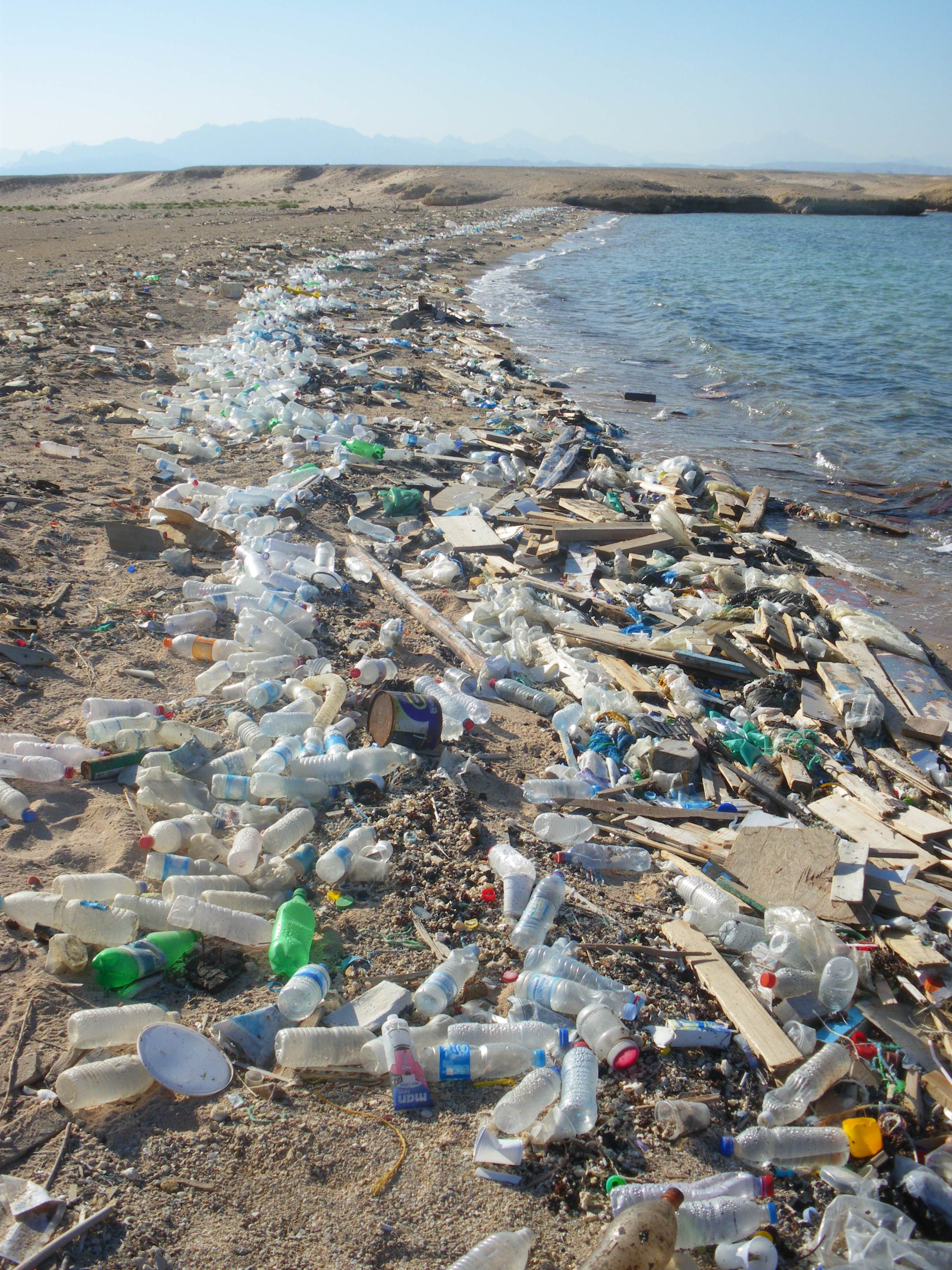As we move through 2025, the plastic industry continues to evolve, presenting both challenges and opportunities for injection molders, thermoformers, and plastic manufacturers. Here’s a look at the current landscape and emerging trends that are shaping the future of plastics.
Market Growth and Economic Outlook
The global injection molded plastics market is experiencing steady growth, with projections indicating an increase from $335.4 billion in 2024 to $439.4 billion by 2030, growing at a CAGR of 4.6%. This growth is driven by increasing demand across various sectors, including automotive, healthcare, and packaging.
In the United States, the plastics manufacturing industry is showing signs of recovery and growth. Revenues are projected to increase by 4.2%, with a 5.2% rise in capital expenditures. This positive trend is supported by recent Federal Reserve decisions to lower interest rates, which is expected to sustain manufacturing activity and encourage investment.
Technological Advancements
Integration of 3D Printing
One of the most exciting developments is the integration of 3D printing with traditional injection molding processes. This hybrid approach allows for faster prototyping, reduced lead times, and the ability to offer customized products without compromising production speed.
Automation and Robotics
Automation continues to revolutionize the industry, with robots now performing tasks such as part removal, assembly, and quality checks. AI-powered cameras and sensors are providing real-time defect detection, ensuring higher-quality outputs with minimal waste.
The plastic industry is poised for growth and innovation. Manufacturers who embrace new technologies, focus on sustainability, and adapt to changing market demands will be well-positioned to capitalize on the opportunities ahead. Stay informed, invest wisely, and remain flexible to navigate the evolving landscape of the plastics industry.
As we navigate the evolving landscape of the plastics industry in 2025, it’s crucial for manufacturers to partner with reliable plastic scrap brokers who can help manage waste streams efficiently and provide access to recycled raw materials. Domino Plastics Company stands out as a trusted partner in this arena, offering valuable services to plastic injection molders, thermoformers, and manufacturers.
Domino Plastics Company, with over 40 years of experience in the industry, specializes in purchasing post-industrial plastic scrap from manufacturers and selling recycled raw materials. Our comprehensive services include:
- Competitive pricing for a wide range of plastic scrap materials, including HDPE, LDPE, PP, ABS, PVC, PET, and many more.
- Fast and reliable pickup services across the USA, thanks to strategically located warehouses.
- Expert knowledge in handling various forms of plastic scrap, from regrind and film scrap to off-grade pellets and purge.
- A commitment to sustainability by diverting plastic waste from landfills and supporting recycled plastic innovations.
- Financial stability and a long history of payment integrity, providing peace of mind to their partners.
By working with Domino Plastics Company, manufacturers can not only optimize their waste management processes but also contribute to a more sustainable plastics industry. For competitive quotes and reliable service, contact Domino Plastics at (631) 751-1995 or email Joe@domplas.com with details of your materials.


 A single 1-litre bottle of water could contain 240,000 microscopic plastic particles. The
A single 1-litre bottle of water could contain 240,000 microscopic plastic particles. The  Plastics are now infecting the Earth’s geology—so much that experts are now calling to formally recognize a new kind of sedimentary
Plastics are now infecting the Earth’s geology—so much that experts are now calling to formally recognize a new kind of sedimentary 
 While companies have touted the recyclability of their plastic products for years, plastic remains an environmental hazard.
While companies have touted the recyclability of their plastic products for years, plastic remains an environmental hazard. 
You must be logged in to post a comment.